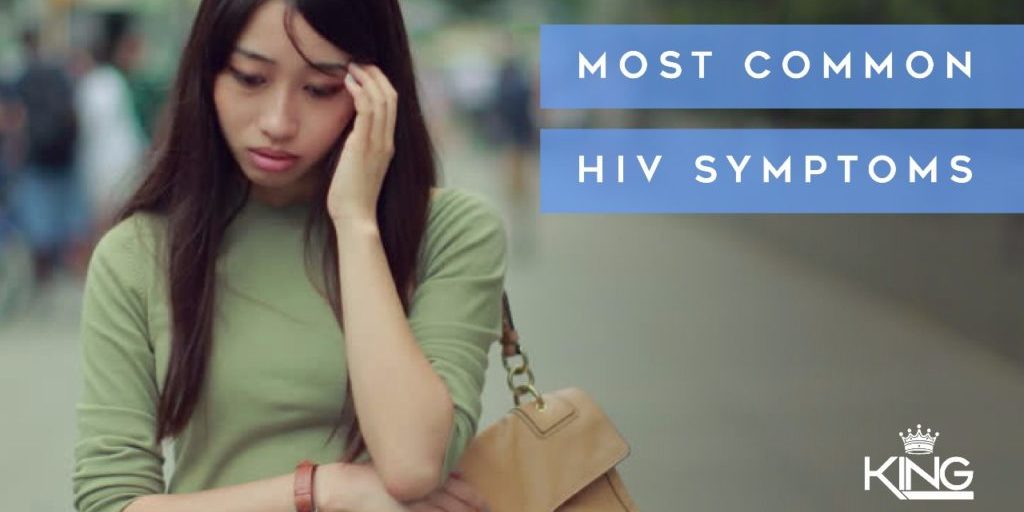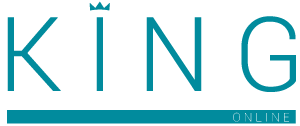 HIV is one of the most dreaded words in the world – a virus that is a particularly prominent health concern in
HIV is one of the most dreaded words in the world – a virus that is a particularly prominent health concern in
South Africa. It is believed that we have the highest number of people living with HIV worldwide, with an
estimated 5,700,000 South Africa living with HIV/AIDS. That’s just under 12% of the South African
population.
We don’t want you to be another statistic. In today’s world, an HIV diagnosis is NOT a death sentence.
However, the key to living a normal life is to know the symptoms so you can get diagnosed and treated as
quickly as possible.
HIV is transmitted through contact with infected semen, blood or vaginal fluid. This can occur through
unprotected sex, or the sharing of needles, drugs or syringes. It typically takes around 2-4 weeks for
symptoms to start showing, which are often mistaken as the flu. In fact, around 80% of those infected
complain of flu-like symptoms. Unfortunately, it can often take years for symptoms to appear at all.
Acute symptoms include a fever, sore throat, body rashes, and severe headaches. Some less common
symptoms include nausea, fatigue, night sweats, muscle/joint aches and pains, mouth ulcers, vaginal
infections, swollen lymph nodes, and vomiting.
More advanced symptoms include persistent diarrhea, nausea and vomiting. Many individuals also complain
of rapid weight loss, Pelvic Inflammatory Disease, recurring fevers/chills/night sweats, shortness of breath,
coughing, and memory loss.
It’s normal for symptoms to “go away” and return years later. That’s why it’s so important not to ignore them.
The HIV virus progresses when left untreated, and once an individual has AIDS, treatment becomes much
more difficult, and life expectancy plummets.
Whether you order a self-test kit or visit your nearest clinic, the important thing is that you get tested so you
can receive treatment as soon as possible if necessary. It’s better to be safe instead of sorry. You can order
your self-test kit online here, which you can use in the privacy of your own home. Remember; counseling is
also important. We strongly recommend you call the National Aids Helpline at +27 80 001 2322 before and after
your test.

There are no comments for this article